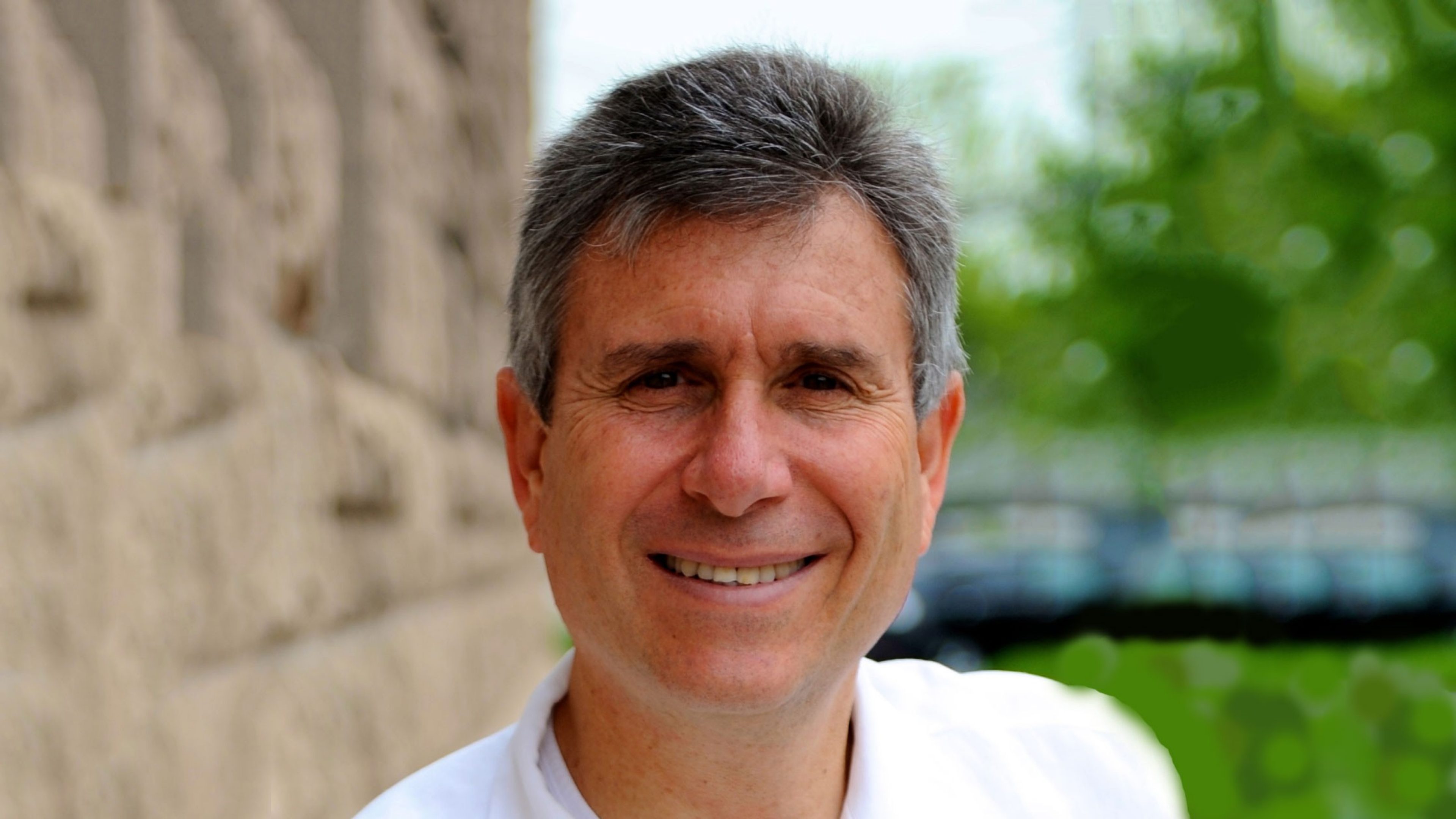The call to save more and save earlier to relieve the pressure on pension systems is not popular. However, Ronald Klein, Director of Global Ageing for The Geneva Association, sees it as the best way for people to avoid being dependent on the state later in life. People need the right incentives to save.
Making sure future generations can retire is one of the greatest challenges currently facing society. You conduct research on that issue. What type of solutions do you envisage?
One solution would be to start saving earlier. Defined contribution pension plans should have automatic enrollment or be mandatory. Also, there are countries that allow defined contribution plan savings to be withdrawn in a lump sum upon retirement. This money can be spent in any way the pensioner wishes. Not spending this money on retirement needs may lead to the state having to pay for the retiree. Mandatory annuitization of defined contribution retirement plans would guarantee lifetime income and reduce old-age poverty levels.
That sounds like making demands on the government.
Governments, institutions and individuals themselves all have a role to play in helping achieve a more financially secure retirement. Governments, for their part, could require defined contribution pension plan deposits at a high enough rate to provide a reasonable income in retirement. Teaching people to save early is the key. Currently, low interest rates worldwide are a major issue for both public and private pensions. Governments must find a way to continue to encourage saving for retirement with either additional tax incentives or better investment options.
What are your thoughts on working for longer?
An ageing society needs people who work longer, which means employers must be more flexible. We need to be able to reduce the level of employment in stages. For example, allowing older employees to work just three or four days a week, reducing slowly over time or having a consulting role would bring tremendous benefits.
What role do you think the insurance industry should play in the search for a solution?
Insurers must offer some pension and financial products that are easier to understand. I also see a lot of potential in new technologies.
Where do you see scope to apply these new technologies in insurance?
New technologies will enable us to reach out to the underinsured and offer them coverage. The underinsured include people with low incomes, who may need insurance but are less likely to be approached by traditional agents. Online offers, mobile accessibility and micro insurance will help to counter this insurance protection gap.
Another technology that is emerging is in the use of predictive analytics. Big data, as some call it, allow insurers to underwrite potential life policyholders by using existing data instead of expensive medical tests. This will reduce the cost of insurance and make it easier to reach people electronically – without the need for an agent visit.
In 2029, the baby-boomer generation will have retired. We will lose so many people of working age and the falling birth rate will make it hard to replace them. How can we close that gap?
I think new technologies will go a long way towards closing that gap. For example, we already have seen robots performing tasks typically done by people in the past but newer technology has emerged that is also making decisions – for example, driverless cars. These new technologies will be able to fill jobs once held by baby boomers. I also think more women will continue to join the workforce and work more hours than before. With any luck, people will also keep working into their seventies or even longer.
You conduct studies all over the world. Which countries or continents face the biggest challenges from longevity?
There are four countries facing major challenges in terms of pension gaps, two of which are in Asia. One is Japan, where people live longer than anywhere else in the world (except Monaco) and the birth rates are falling. The pension gap in Japan is one of the largest in the world.
China also has a major pension gap issue with its long standing one-child policy in urban areas that has just recently been changed to a two-child policy. But China's main problem is its per capita GDP, which is still very low.
The third and fourth countries are located right at the heart of Europe: Germany, with its low birth rate combined with an extremely complicated and expensive pension system, is a real burden on the economy, and France, with a history of generous public benefits, also faces low birth rates and increased longevity.
Are there countries which stand out as having a good pension system?
The Global Pension Index measures countries based on three factors: pension adequacy, sustainability and integrity. The Netherlands, Denmark, Australia and Switzerland top this index. Their pension systems work because people save enough and are obliged to do so. They also have to annuitize their savings.
Let's jump forward to 2040: how are the pension systems? When can people retire?
When the state pension systems were introduced, people tended to live between five and ten years after retiring. Nowadays people live much longer. We have to realize that the state can't finance 30 years of retirement. So I hope the retirement age will have risen to 70 by 2040.
Interview: Fabienne Strobel, Photo: Anthony Rudick
Ronald Klein

Director of Global Ageing for The Geneva Association in Zurich
Born 1958
Ronald Klein (born 1958), a US and Swiss citizen, is Director of Global Ageing for The Geneva Association in Zurich. He graduated from Binghamton University in Math and Computer Science with honors in 1980. Klein is married and the father of four children.
Geneva Association
The Geneva Association is the leading international insurance think tank for strategically important insurance and risk management issues. The Association identifies fundamental trends and strategic issues where insurance plays a substantial role, or which influence the insurance sector. It is seen as the leading voice of the largest insurance groups worldwide in the dialogue with international institutions. Its members are the CEOs of the world's leading insurers and reinsurers. Established in 1973, The Geneva Association is based in Zurich and is a non-profit organization funded by its members.



